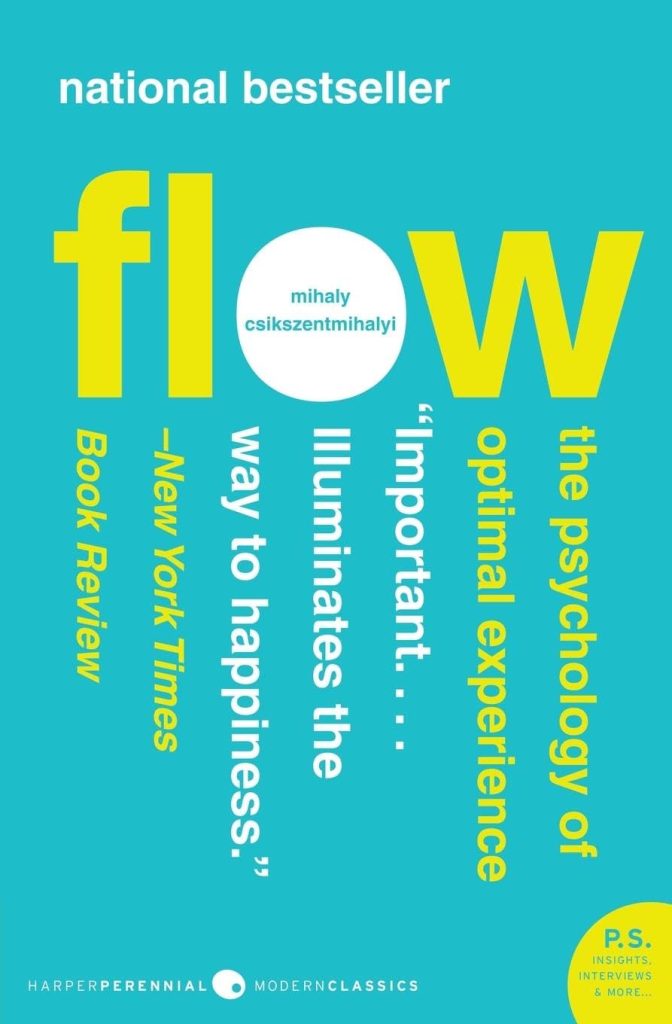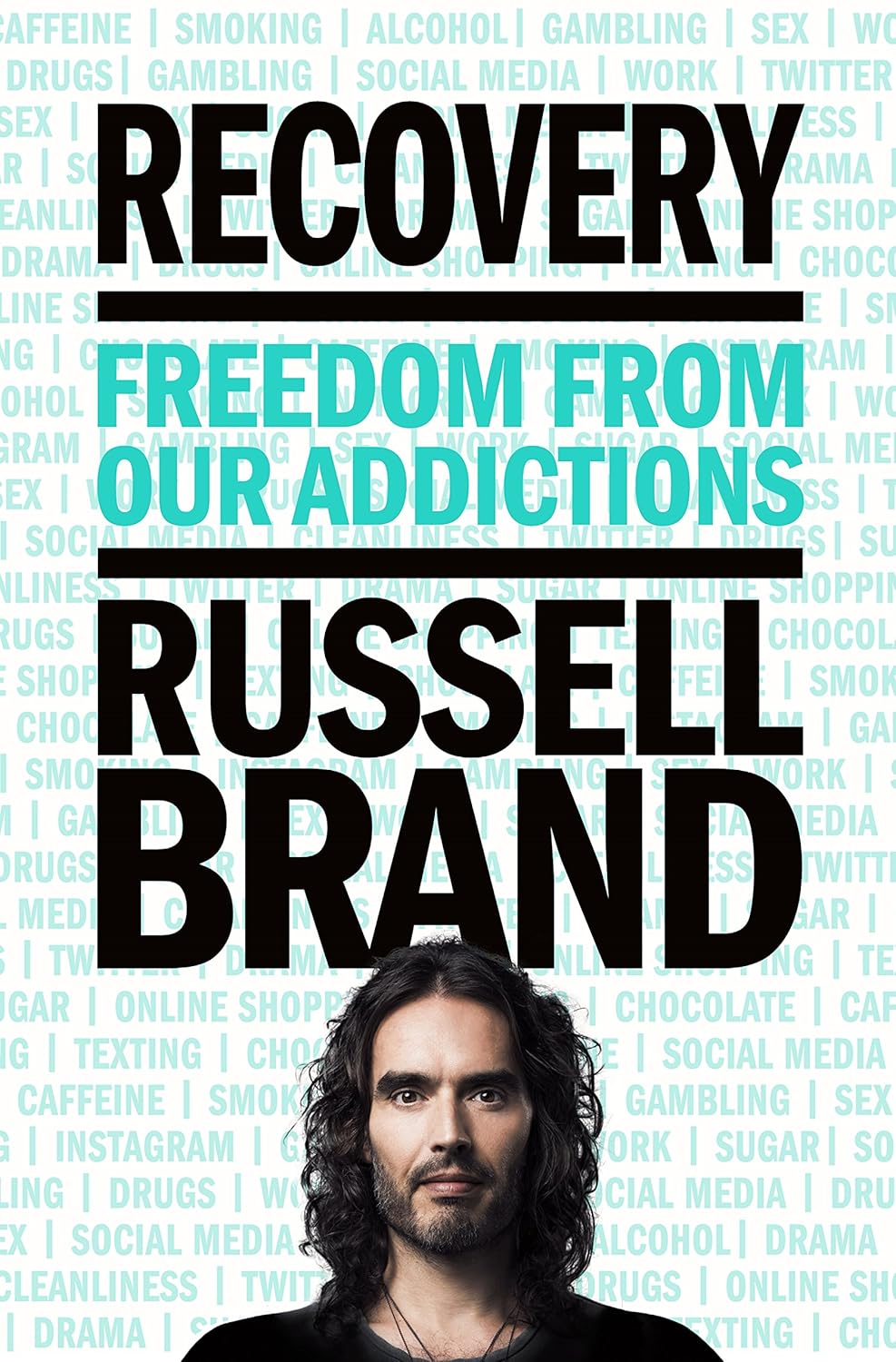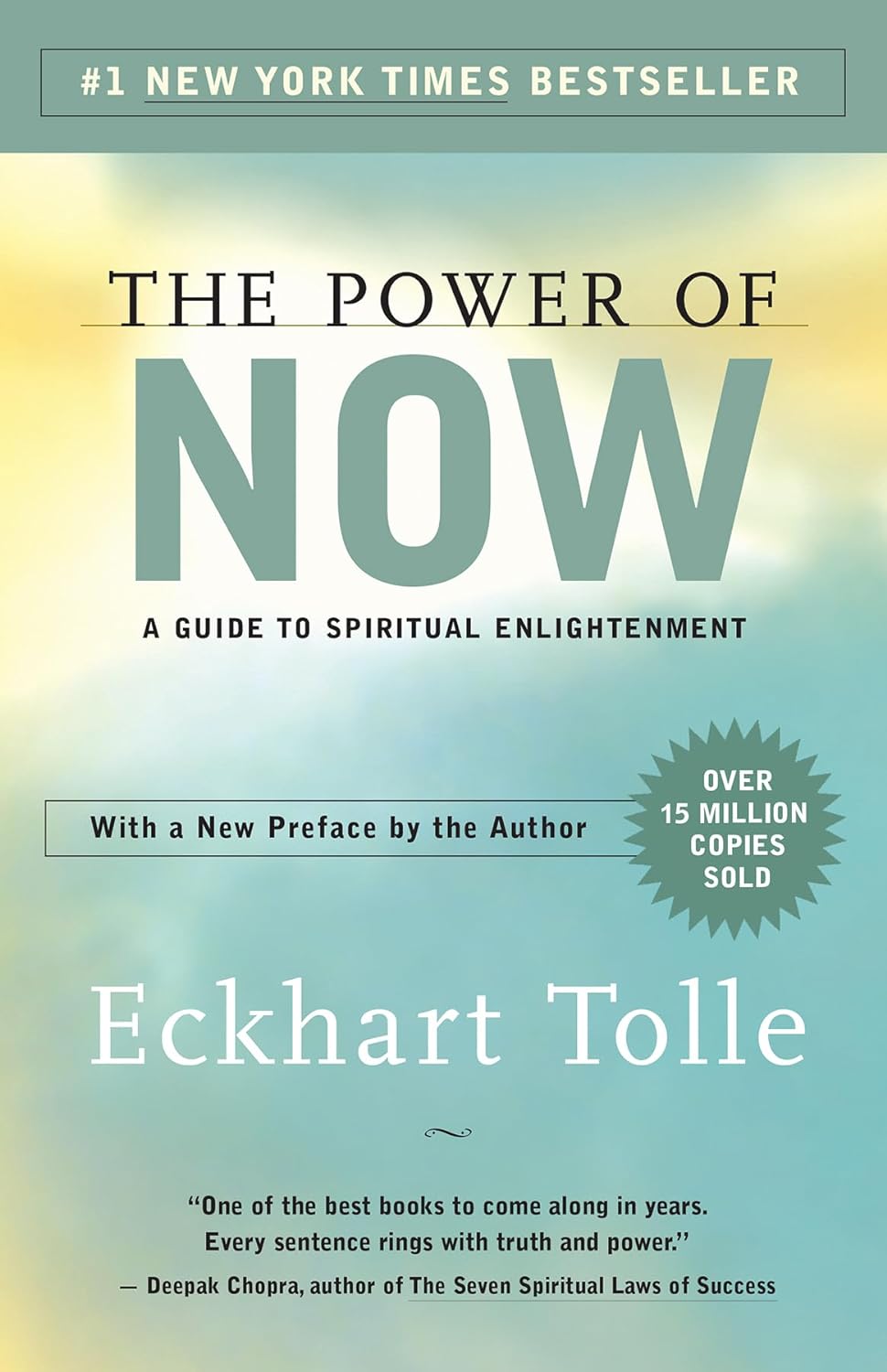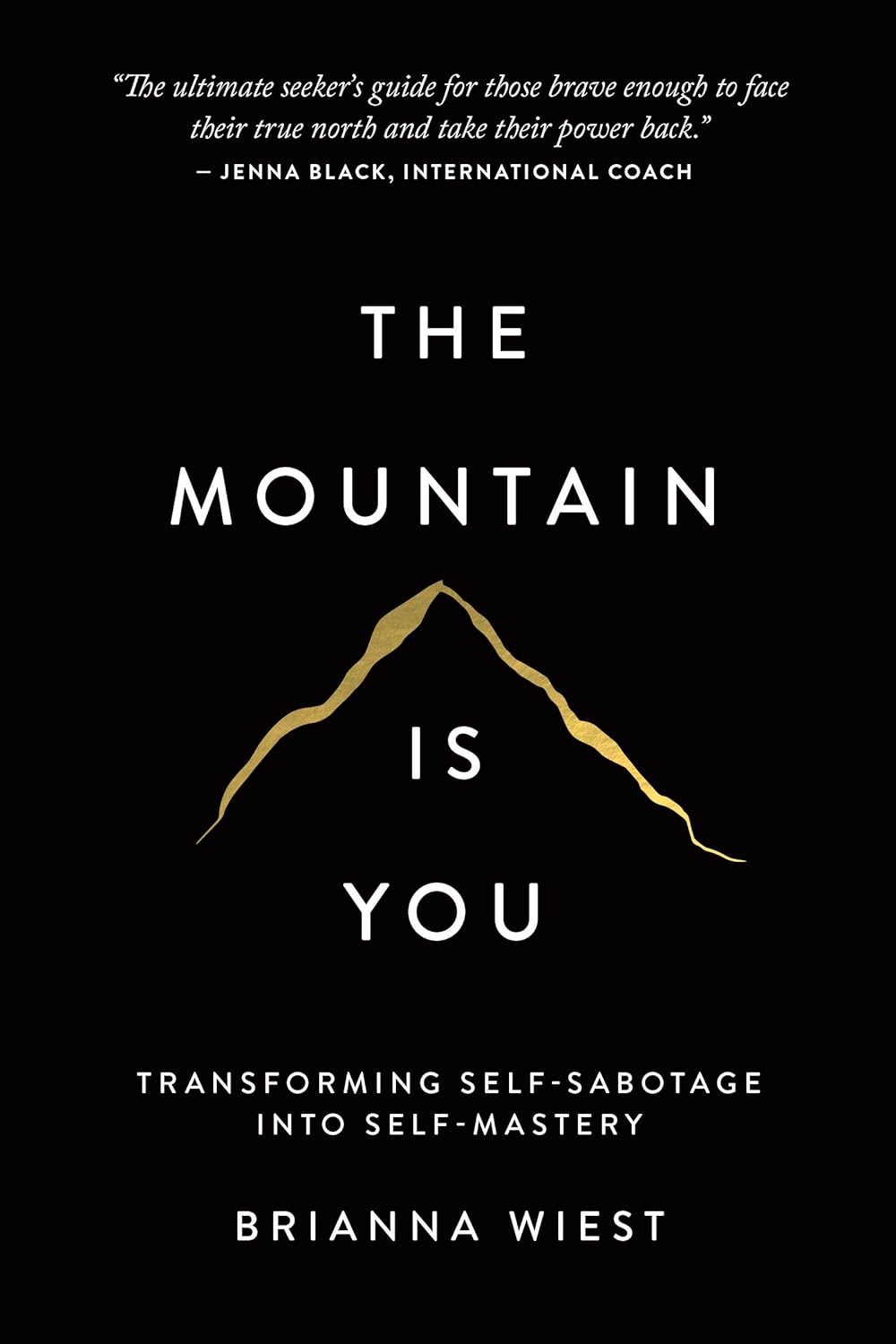
Buy The Book
Chapter
- ✦ Chapter 1 Happiness Revisited
- ✦ Chapter 2 The Anatomy of Consciousness
- ✦ Chapter 3 Enjoyment and the Quality of Life
- ✦ Chapter 4 The Conditions of Flow
- ✦ Chapter 5 The Body in Flow
- ✦ Chapter 6 The Flow of Thought
- ✦ Chapter 7 Work as Flow
- ✦ Chapter 8 Enjoying Solitude and Other People
- ✦ Chapter 9 Cheating Chaos
- ✦ Chapter 10 The Making of Meaning
Flow: The Psychology of Optimal Experience

About
Mihaly Csikszentmihalyi, a pioneering psychologist, introduces his groundbreaking concept of “flow” in his seminal book, *Flow: The Psychology of Optimal Experience*. He explores the state of complete absorption and energized focus in an activity, where skill and challenge are perfectly balanced, leading to a sense of deep enjoyment and fulfillment.
The book delves into the characteristics of flow experiences, examining how they enhance creativity, productivity, and overall well-being. Csikszentmihalyi offers insights into how individuals can cultivate flow in various aspects of life, from work and hobbies to relationships and personal growth. He emphasizes the importance of setting clear goals, seeking challenges, and developing skills to create flow-inducing experiences. Ultimately, *Flow* provides a roadmap for achieving a more meaningful and satisfying existence by harnessing the power of optimal experience.

Spark
Learn
Review
✦ Chapter 1 Happiness Revisited
Happiness remains the ultimate aspiration for humanity, transcending centuries of change. Despite advancements in science and technology, the pursuit of happiness remains as elusive as in Aristotle’s time. Happiness arises not from external conditions but from how life is interpreted. It cannot be pursued directly—much like success, it ensues from dedication to meaningful activities. True happiness is found in being fully immersed in the present moment, engaging completely with life’s details. It requires effort, control, and preparation, not mere passivity.
The world presents countless challenges that disrupt internal harmony, from external chaos to internal dissatisfaction. Enduring happiness results from reclaiming control over consciousness and crafting meaningful experiences. External factors like wealth, beauty, or status provide fleeting satisfaction but fail to create lasting fulfillment. The universe itself is indifferent to human needs, generating a constant struggle for meaning. However, the secret to happiness lies in mastering inner experience, finding order in consciousness, and creating a life that aligns with personal goals.
Moments of optimal experience, when skill meets challenge, offer glimpses of true happiness. These moments, referred to as flow, involve total immersion in an activity. They bring a sense of exhilaration and fulfillment, even in adversity. Life can be transformed into a continuous flow by focusing attention, setting meaningful goals, and embracing challenges. The key lies in discovering the potential for enjoyment within everyday life, shaping even the humblest acts into sources of joy and growth.
✦ Chapter 2 The Anatomy of Consciousness
Consciousness acts as the central clearinghouse for experiences, orchestrating thoughts, feelings, and actions. It represents subjective reality, shaping how the world is perceived and interpreted. Psychic energy, or attention, is the currency of consciousness; it determines what enters awareness and how mental resources are allocated. However, attention is limited, and its mismanagement leads to disorganization, or psychic entropy, which disrupts harmony and impairs effectiveness.
Optimal experience occurs when consciousness is ordered, and attention is directed toward achievable goals. In such moments, thoughts and actions align seamlessly, resulting in a harmonious state of flow. Flow emerges when challenges match skills, allowing full engagement and complete absorption in an activity. This state fosters growth by stretching the self’s boundaries, increasing complexity, and fostering a sense of mastery.
The self plays a pivotal role in shaping consciousness. It acts as the dynamic representation of one’s goals and desires. Attention, shaped by the self, simultaneously reinforces it, creating a circular relationship. When attention is directed toward meaningful goals, the self evolves, achieving greater differentiation and integration. Conversely, when attention is fragmented or misdirected, inner harmony diminishes, leading to dissatisfaction.
The key to mastering consciousness lies in gaining control over attention, allowing it to focus on self-chosen goals. This capacity to structure attention transforms life into a series of purposeful and enjoyable experiences. It requires discipline, effort, and the ability to filter out distractions. By mastering this process, life becomes an ordered narrative, driven by intentionality and personal growth.
✦ Chapter 3 Enjoyment and the Quality of Life
Pleasure and enjoyment are distinct experiences, with the latter offering a deeper sense of fulfillment. Pleasure satisfies basic needs and desires, such as eating or resting, but it does not foster growth or personal development. Enjoyment, on the other hand, stems from surpassing oneself, achieving something unexpected, and engaging in meaningful challenges. It adds complexity to the self, stretching skills and fostering creativity.
Enjoyment arises when attention is fully focused on a task, transforming mundane activities into sources of fulfillment. The elements of enjoyment include having clear goals, receiving immediate feedback, balancing challenges with skills, and engaging in a deep but effortless involvement. During such moments, worries and distractions fade, and time is experienced differently—either passing quickly or stretching to accommodate intense focus. The activity becomes self-contained, pursued for its own sake rather than for external rewards.
Cultivating enjoyment requires effort and discipline. It often involves learning new skills, setting appropriate challenges, and finding opportunities for growth within everyday activities. By doing so, even routine tasks can become enjoyable. For instance, a simple game, a conversation, or an intricate work project can transform into a fulfilling experience when approached with intentionality.
Ultimately, enjoyment enhances the quality of life by fostering personal growth and creating meaningful experiences. It transforms the ordinary into the extraordinary, making life richer and more vibrant. By building enjoyment into daily activities, individuals can achieve a sense of purpose, mastery, and enduring satisfaction.
✦ Chapter 4 The Conditions of Flow
Flow emerges under specific conditions that align challenges, skills, and goals. Activities conducive to flow are structured, goal-oriented, and offer clear feedback. Sports, games, and artistic endeavors are prime examples, but flow can be cultivated in any domain when these elements are present. The key lies in creating opportunities for action that match one’s abilities, allowing full engagement and immersion.
Flow activities share common features that facilitate optimal experience. Clear goals provide direction, while immediate feedback ensures progress is measurable. When challenges are appropriately balanced with skills, anxiety and boredom diminish, paving the way for effortless involvement. Concentration becomes total, and self-consciousness recedes, allowing the individual to become one with the activity. Time perception alters, with hours passing in minutes or moments stretching indefinitely.
Flow is not limited to specialized activities; it can infuse daily life. A craftsman, a parent, or an office worker can find flow by structuring tasks to include achievable goals and feedback. Even seemingly mundane actions, like walking or cooking, can become fulfilling when approached with focus and intentionality. The ability to restructure consciousness and discover opportunities for flow transforms routines into sources of joy and growth.
Cultivating flow requires developing skills, setting meaningful goals, and remaining open to challenges. Through practice, individuals can create a life rich in flow experiences, where work, leisure, and personal relationships align seamlessly. This alignment fosters personal growth, increases complexity, and creates a harmonious sense of purpose in life.
✦ Chapter 5 The Body in Flow
The body offers a profound gateway to flow, with physical activities providing some of life’s most rewarding experiences. Movement, whether in sports, dance, or everyday tasks, becomes a source of harmony when approached with focus and skill. The act of mastering physical challenges—running faster, climbing higher, or refining movements—brings a sense of exhilaration and personal growth.
Physical activities become enjoyable when they are structured like games, incorporating clear goals, immediate feedback, and balanced challenges. Even simple actions, such as walking or swimming, can transform into complex sources of flow when approached intentionally. For example, an ordinary walk can become an art form by setting goals, observing surroundings, and refining rhythm and movement.
Beyond sports, the body’s senses offer immense potential for enjoyment. Seeing, hearing, tasting, and touching can be cultivated into flow experiences. Visual arts enhance the joy of seeing, music transforms listening into a rich experience, and culinary exploration elevates the act of tasting. Skills like yoga and martial arts integrate physical control with mental focus, creating a profound sense of unity between body and mind.
However, cultivating flow through the body requires effort and discipline. It involves developing skills, setting challenges, and learning to focus attention. By doing so, the physical self becomes a source of continuous enjoyment and growth. From the simplest movements to the most intricate disciplines, the body offers limitless opportunities to enrich life and achieve harmony in consciousness.
✦ Chapter 6 The Flow of Thought
The mind provides a vast realm for flow, offering opportunities for enjoyment through mental challenges and symbolic systems. Activities like reading, solving puzzles, or engaging in intellectual pursuits can transform the mind into a source of order and satisfaction. Thinking becomes pleasurable when attention is disciplined and directed toward meaningful goals. However, the natural state of the mind tends toward chaos, and without focus, thoughts often drift into negativity or mental entropy.
Memory serves as the foundation for mental flow, preserving experiences and organizing knowledge. By recalling and structuring information, the mind achieves coherence and creates a sense of continuity. Words and symbols further enhance mental flow by enabling abstract thought, communication, and problem-solving. Language, conversation, and creative writing provide avenues to explore and express ideas, while poetry and prose distill complex emotions and experiences into meaningful patterns.
Engaging with history, science, and philosophy deepens the complexity of thought, offering a sense of purpose and discovery. These intellectual domains provide structures to analyze, interpret, and connect disparate pieces of information, satisfying the mind’s inherent curiosity. Lifelong learning becomes a source of growth, allowing individuals to expand their understanding and enrich their mental landscape.
The key to mental flow lies in cultivating skills, setting goals, and finding enjoyment in the process of learning and thinking. By mastering the art of focus and embracing intellectual challenges, the mind becomes a source of harmony, creativity, and personal fulfillment.
✦ Chapter 7 Work as Flow
Work occupies a significant portion of life, and its quality greatly impacts overall well-being. While often seen as a burden, work has the potential to provide some of the most rewarding flow experiences. When challenges match skills and attention is fully engaged, work transforms into an activity that fosters growth and satisfaction.
Even in the most unlikely settings, work can become enjoyable. Tasks that might seem repetitive or mundane can be reimagined as opportunities for mastery and creativity. For example, welders, farmers, or surgeons who find fulfillment in their craft often focus on improving their skills, setting personal challenges, and immersing themselves in the process. The sense of control that comes from mastering a job enhances self-esteem and brings a sense of purpose.
Jobs designed with clear goals, immediate feedback, and opportunities for skill development naturally encourage flow. However, even when external conditions are less than ideal, individuals with an autotelic personality can reshape their experience by finding meaning and engagement in their tasks. By approaching work with curiosity and intentionality, they transform it into a source of personal growth.
Work becomes more than a means to an end when approached as an opportunity for enjoyment and self-expression. Whether through innovation, collaboration, or problem-solving, finding flow in work enriches life and fosters a deeper sense of accomplishment. By investing energy into meaningful challenges, work becomes a vital source of fulfillment and harmony.
✦ Chapter 8 Enjoying Solitude and Other People
Relationships and solitude shape the quality of life, offering distinct opportunities for growth and enjoyment. Human connection provides some of the most meaningful and fulfilling experiences. Interacting with family, friends, or the community brings joy when goals align, communication flows, and mutual understanding deepens. At the same time, solitude presents its own challenges and rewards, requiring the ability to structure attention and find purpose without external input.
Being alone often leads to feelings of discomfort and restlessness, as the mind tends toward chaos without external stimulation. Yet solitude can become a source of creativity, reflection, and renewal when approached with focus and intent. Engaging in hobbies, pursuing personal goals, or practicing mindfulness can transform solitary moments into opportunities for self-discovery and growth.
Relationships flourish when they are treated as flow activities, with clear goals, shared challenges, and open communication. Family life thrives when members invest energy into mutual support and shared pursuits. Friendships deepen through reciprocity, trust, and the willingness to embrace new challenges together. The joy of connecting with others lies in the balance of personal expression and shared purpose, fostering a sense of belonging and mutual growth.
By mastering the art of solitude and nurturing meaningful relationships, life becomes richer and more harmonious. Balancing the need for companionship with the ability to find fulfillment alone creates a resilient and adaptable self, capable of thriving in both social and personal realms.
✦ Chapter 9 Cheating Chaos
Adversity and misfortune are inevitable, yet they do not have to diminish the quality of life. The ability to transform challenges into opportunities for growth defines resilience. Those who can face hardship with courage and creativity often emerge stronger, finding meaning and flow even in the most difficult circumstances.
When confronted with setbacks, the mind can either succumb to chaos or reframe the situation as a challenge to overcome. Transformational coping involves accepting adversity while seeking new goals and strategies. This approach requires flexibility, self-assurance, and the ability to focus attention outward, engaging with the environment rather than retreating inward. By maintaining openness and adaptability, solutions often emerge that restore harmony and purpose.
Extreme examples, such as individuals who thrive despite physical disabilities or devastating losses, demonstrate the power of resilience. Challenges like blindness, paraplegia, or homelessness have been reframed by some as opportunities for growth, leading to lives of purpose and fulfillment. These individuals often display an unshakable belief in their ability to shape their destiny, coupled with a willingness to adapt and find meaning in their experiences.
The capacity to transform chaos into order lies in the ability to set new goals, remain open to possibilities, and invest energy into meaningful actions. By embracing challenges as opportunities rather than threats, life becomes a continuous process of growth and renewal, even in the face of adversity.
✦ Chapter 10 The Making of Meaning
Creating a meaningful life involves uniting goals and actions into a coherent flow experience. Purpose, intention, and the ability to order information transform random events into a narrative that gives significance to existence. Without a unifying purpose, even the most enjoyable activities may ultimately feel disconnected and unfulfilling.
Meaning emerges through the pursuit of clear and compelling goals. Whether driven by faith, passion, or personal ambition, individuals who channel their energy toward a central purpose find harmony in their actions. This purpose need not be grand or universal; it simply needs to resonate deeply and provide direction. Achieving a unified sense of purpose aligns daily challenges with long-term aspirations, creating a life that feels whole and intentional.
The process of creating meaning also involves interpreting and connecting experiences. By finding patterns and relationships among events, the mind constructs a sense of order that transcends individual moments. This ability to establish coherence turns ordinary life into a rich and fulfilling journey.
Ultimately, meaning is not something inherent in existence but something created through action and reflection. By focusing on goals that inspire and challenges that engage, life becomes a work of art—a unified, evolving expression of the self. Meaning arises not from external circumstances but from the effort to shape life into a narrative that reflects one’s deepest values and aspirations.
For People
– Psychologists
– Educators
– Business leaders
– Artists
– Anyone seeking fulfillment
Learn to
– Increased happiness
– Enhanced creativity
– Improved focus
– Deeper understanding of motivation
– Greater life satisfaction









